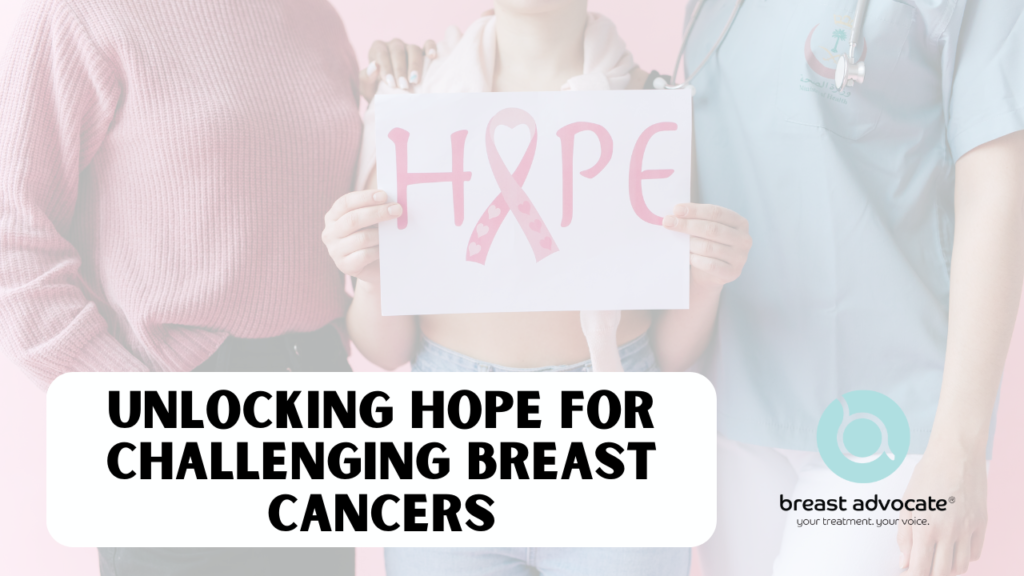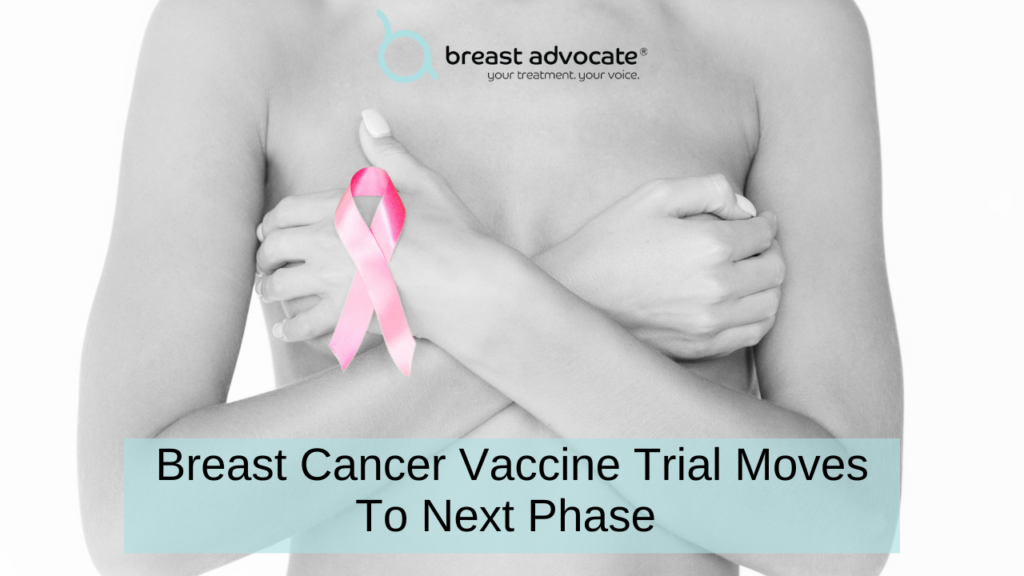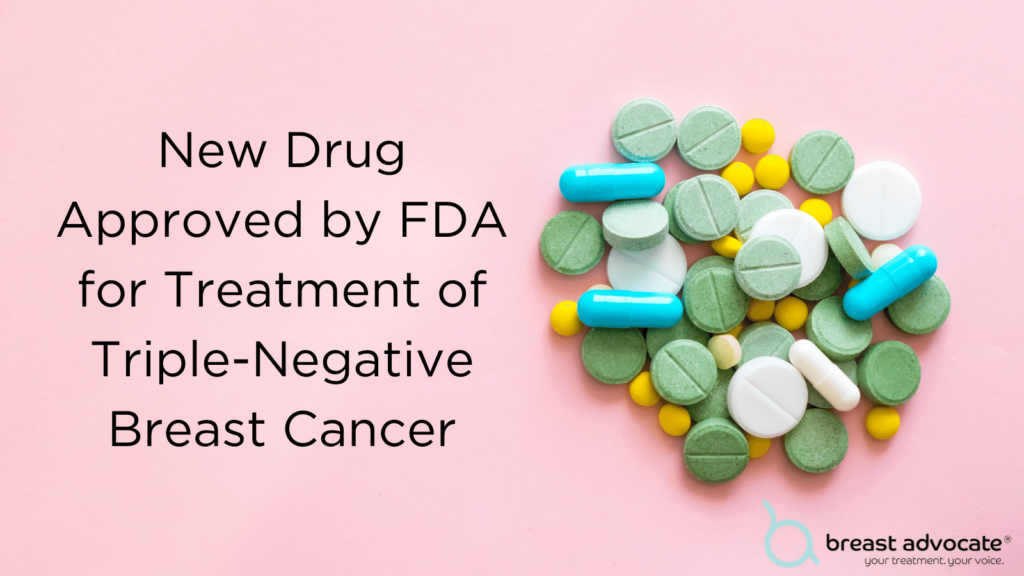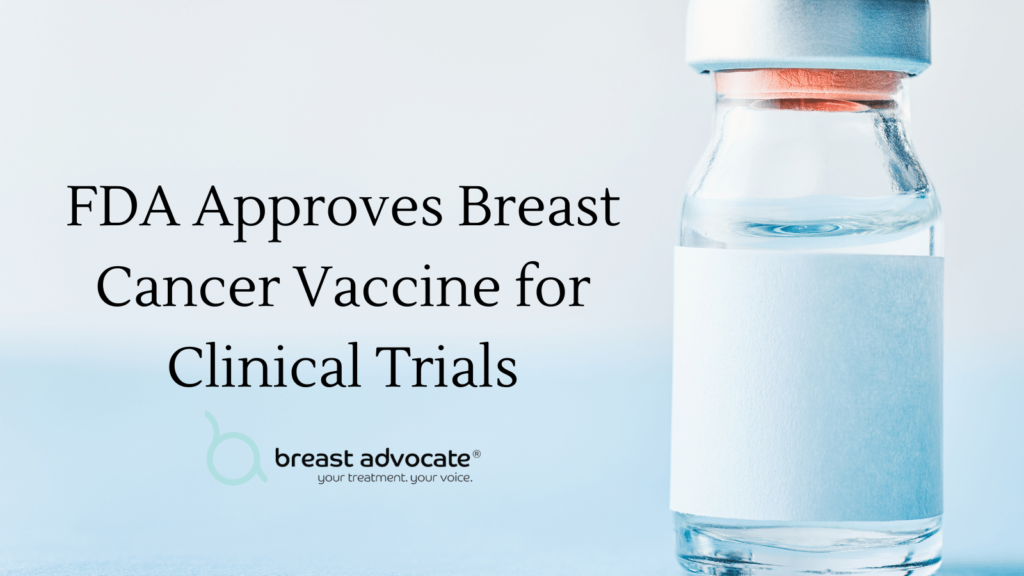Revolutionizing Treatment for Breast Cancers: Breakthrough Study Sparks New Hope
August 15, 2023

Researchers from LSU Health (New Orleans School of Medicine), the University of Rochester and Cellestia Biotech AG (a biopharmaceutical company in Switzerland) have unveiled an innovative treatment for treatment-resistant breast cancers. Their study, published in MDPI Cancers, presents exciting findings that could transform the landscape of breast cancer treatment.
Study Findings
The study focuses on two types of breast cancers: estrogen-receptor positive (ER+) and triple-negative breast cancers (TNBC). These cancers can be challenging to treat due to resistance to standard therapies. The research introduces a new approach that combines an experimental oral drug with standard-of-care medications. It is effectively reversing hormone resistance and boosting treatment effectiveness.
The experimental oral drug, known as CB-103, is a product of Cellestia Biotech AG. It works by inhibiting Notch receptors, which play a vital role in transmitting information from cell surfaces to genes. Notch signaling is known to be involved in various cancers, including breast cancers. CB-103 directly targets gene regulation by Notch, setting it apart from previous drugs in the same class. This Innovative treatment approach for treatment-resistant breast cancers also comes with a more favorable safety profile compared to older drugs.
What’s next?
Senior author Lucio Miele, MD, PhD explained, “CB-103 is a next-generation, orally active, clinical-stage drug that, unlike older drugs, directly targets gene regulation by Notch and offers a much-improved toxicity profile.”
Samarpan Majumder, PhD and senior author in the study, emphasized the safety and efficacy of CB-103 in advanced malignancies. “CB-103 has been safe and well-tolerated, showing minimal gastrointestinal toxicity, unlike previous Notch inhibitors,” Dr. Majumder stated.
The study’s significance lies in its potential to overcome treatment resistance. Despite advancements in breast cancer treatment, endocrine resistance still emerges in estrogen-receptor positive breast cancers. Current second-line therapies have limitations and potential toxicities, while third-line treatments are often ineffective. Triple-negative breast cancer, a particularly aggressive subtype, poses a significant challenge, affecting a significant percentage of breast cancer patients.
Plan for Clinical Trials?
“Our translational data will be serving as a foundation for planned clinical trials. We will combine CB-103 with anti-estrogen therapy in ER+ breast cancers with taxanes like taxol or docetaxel in TNBC” adds Dr. Majumder.
The collaborative study involved researchers from LSU Health New Orleans, Cellestia Biotech AG, and the University of Rochester. The research was funded by Cellestia Biotech and the Cancer Crusaders Chair at LSU Health New Orleans. With this promising breakthrough, the future of breast cancer treatment looks brighter, offering hope to patients with treatment-resistant breast cancers.
Breast Cancer Vaccine Targeting Triple-Negative disease (TNBC) Moves Closer to Becoming a Reality

Researchers at Cleveland Clinic have launched the next phase of their evaluation of a novel breast cancer vaccine that prevents triple-negative breast cancer (TNBC). Triple-negative breast cancer is the most aggressive form of the disease, accounting for roughly 10-15% of all breast cancers.
The new phase 1b study will enroll cancer-free women at high risk of developing breast cancer
who have volunteered to undergo a prophylactic mastectomy to lower their risk.
Triple-Negative Breast Cancer
Of all the different forms of breast cancer, triple-negative disease has the fewest treatment options. Triple-negative tumors do not have estrogen or progesterone receptors (ER or PR) and don’t make any or much of the protein called HER2. For these reasons, hormone therapy and anti-HER2 drugs are not options for women with TNBC, leaving chemotherapy as the mainstay of treatment. African American patients under the age of 40 who have BRCA1 mutation are more likely to develop these cancers.
TNBC differs from other forms of invasive breast cancer in that it has fewer treatment options and tends to have a worse prognosis.
Signs and Symptoms of Triple-Negative Breast Cancer
The signs and symptoms of TNBC are similar to other types of breast cancer. According to the American Cancer Society, the most common symptoms are:
- New lump or mass
- Swelling of all or part of a breast
- Breast or nipple pain
- Nipple retraction
- Nipple or breast skin that is red, dry, flaking, or thickened
- Nipple discharge
- Swollen lymph nodes under the arm or near the collarbone
How Does the Breast Cancer Vaccine Work?
The breast cancer vaccine is developed to treat a-lactalbumin. The study shows that this lactation protein is produced when a woman is lactating or preparing for lactation. However, a healthy body stops producing the protein as lactation ends and a patient ages.
As the tumor grows, patients with triple-negative breast cancer tend to keep producing this protein. About 70% of patients with this type of breast cancer have this biomarker. In the presence of a-lactalbumin, the vaccine stimulates the immune system, causing the body to attack the tumor and prevent further spread.
What’s To Come
The study is closely related to a current phase 1a study that began in 2021 and includes women who have received an earlier treatment for triple-negative breast cancer. Researchers estimate to have both phase 1a and 1b studies completed by the end of 2023.
If you are facing surgery for breast cancer or considering surgery to decrease your risk, learn about all your surgical options by downloading the FREE Breast Advocate App today.
Immunotherapy Drug Approved by FDA for Treatment of Triple-Negative Breast Cancer (TNBC)

There was some good news for patients with triple-negative breast (TNBC) cancer recently. Following extensive review, the US Food and Drug Administration (FDA) approved the immunotherapy drug Keyturda for treatment for early TNBC in combination with chemotherapy.
What is Triple-Negative Breast Cancer?
Triple-Negative breast cancer accounts for about 10-20% of all breast cancers. TNBC is not fueled by estrogen, progesterone, or the HER2 protein like most other breast cancer types. This means TNBC does not respond to hormone therapy.
What is Immunotherapy?
Keytruda (pembrolizumab) is classified as an immunotherapy and is used a lot in the medical field to treat other forms of cancers. Immunotherapy is a type of biological therapy that triggers your own immune system to attack disease. Immunotherapy drugs have been approved to treat many types of cancer. However, it is not used as frequently as traditional treatment options such as surgery, chemotherapy, or radiation therapy, or more typically, a combination of these.
Trial Results
Trial data from over 1,000 patients showed that Keytruda, in combination with chemotherapy before surgery and then used as a monotherapy after surgery, helped prolong “event-free survival”. This combination therapy using immunotherapy is the first of its kind to be approved for patients with early-stage TNBC by the FDA.
Breast Cancer Vaccine set for Clinical Trials

The new year is kicking off with hopeful news about a breast cancer vaccine. The US Food and Drug Administration (FDA) approved a new vaccine for triple-negative breast cancer to enter clinical trials. Invented and developed by Cleveland Clinic immunologist Dr. Vincent Tuohy, the vaccine has been 10 years in the making.
Triple-negative breast cancer is an aggressive form of breast cancer with limited treatment options. According to the Center for Disease Control (CDC), triple-negative breast cancer (TNBC) does not have any of the receptors that are commonly found in other types of breast cancer. This makes this type of breast cancer more difficult to target and treat with drugs. So far, chemotherapy has been the mainstay of treatment. The demographics of TNBC is also different from other breast cancer subtypes, targeting predominantly women under 40yrs of age, Black women, and women who carry the BRCA1 gene mutation.
The Cleveland clinic is partnering with Anixa Biosciences, who has an exclusive worldwide license to the new technology. Pre-clinical trials conducted on animals showed 100% of mice that were not vaccinated and got a placebo drug, developed breast cancer and died. Phase 1 of the human clinical trials will begin as soon as possible. The trials will include both women and men and will hopefully be completed within two years.
Women who intend to breast feed in the future will not be candidates. This is because the vaccine is designed to attack alpha-lactalbumin-expressing cells. By attacking these cells, there will likely be damaging effects to milk production. “Most triple-negative breast cancers express alpha-lactalbumin,” Tuohy says. “It is a mistake that the tumors make because they have no default inhibition mechanisms through progesterone and estrogen signaling that would ordinarily prevent the expression of this protein.” He describes the vaccine mechanism as “simply taking advantage of this mistake.”
Dr. Amit Kumar, President and CEO of Anixa stated, “We are pleased that the FDA authorized human clinical trials of our potentially paradigm-shifting vaccine for the prevention of breast cancer. This approval will eventually lead to recruitment of patients and initiation of the trial.”
There are several breast cancer vaccines currently in development across the globe. Although these potential advances are very exciting, unfortunately it will likely be a while before patients interested in a vaccine will have access to it.
Addressing Disparities between Black and White Women with Triple-Negative Breast Cancer
Multiple studies have shown that African-American women have poorer survival outcomes after a breast cancer diagnosis than white women. One significant contributing factor to these findings is that most studies include all types of breast cancer together. This approach can skew results as white patients have a higher incidence of estrogen receptor-positive breast cancer than black women, which has better outcomes than the more aggressive triple-negative form of the disease. A summary of the different types of breast cancer can be found here.
Survival rates between black and white women with triple-negative breast cancer (TNBC) appear to equalize when these cancers are found early with screening mammograms, a new JAMA study suggests. However, TNBC still remains about twice as common in black women.
This study emphasizes the importance of screening and early detection, particularly in traditionally underserved black women. Unfortunately, we still don’t know why black women experience a much higher rate of TNBC.







